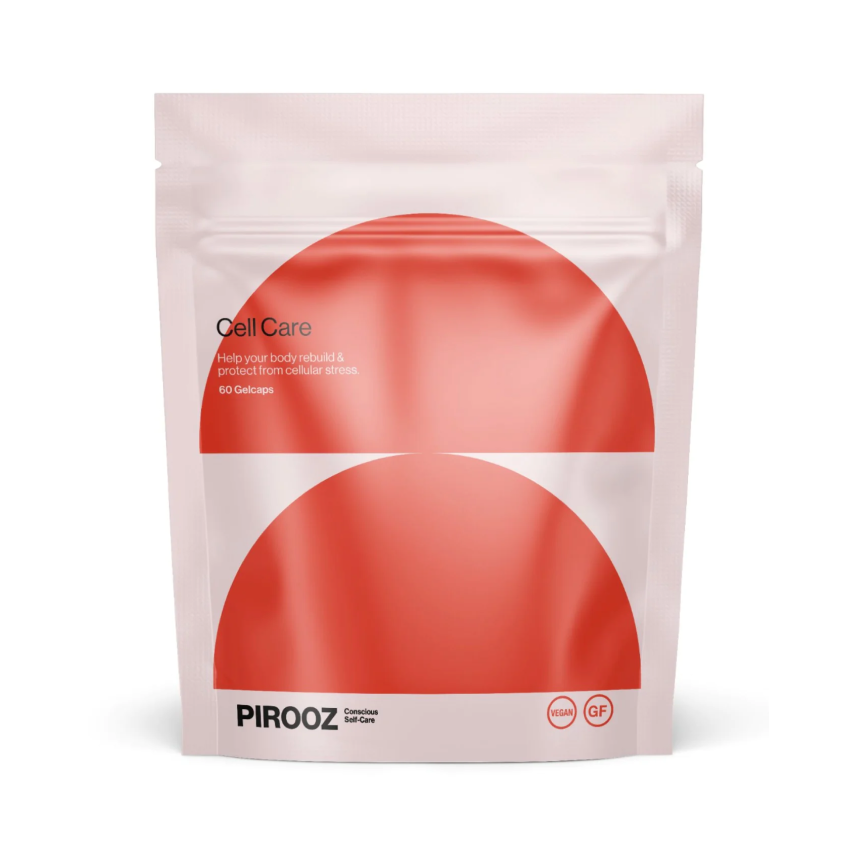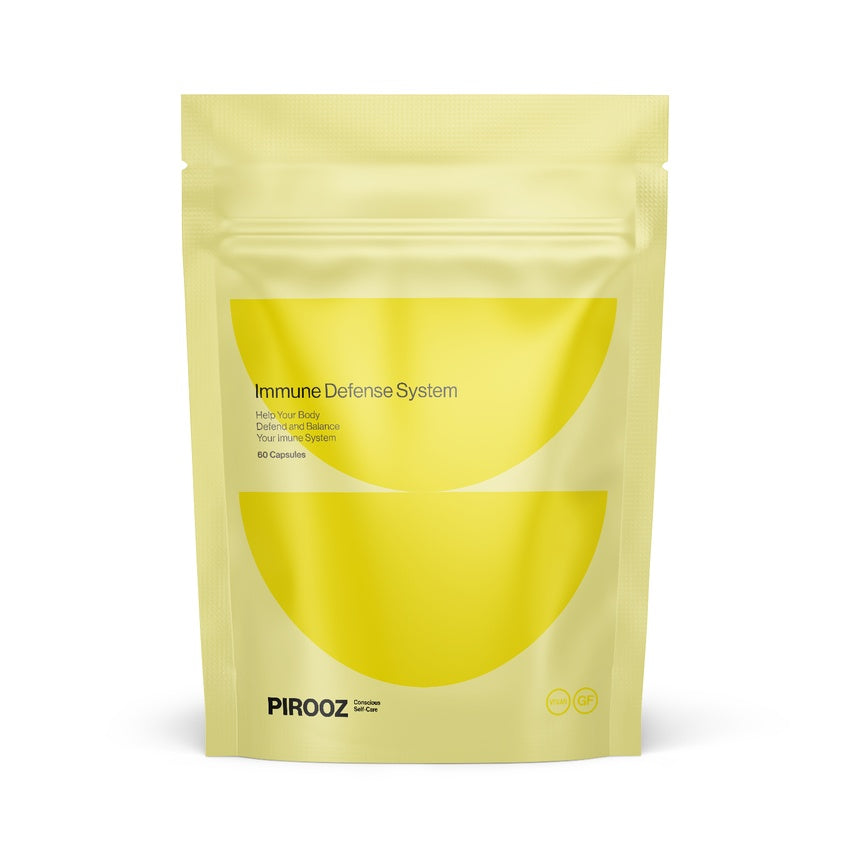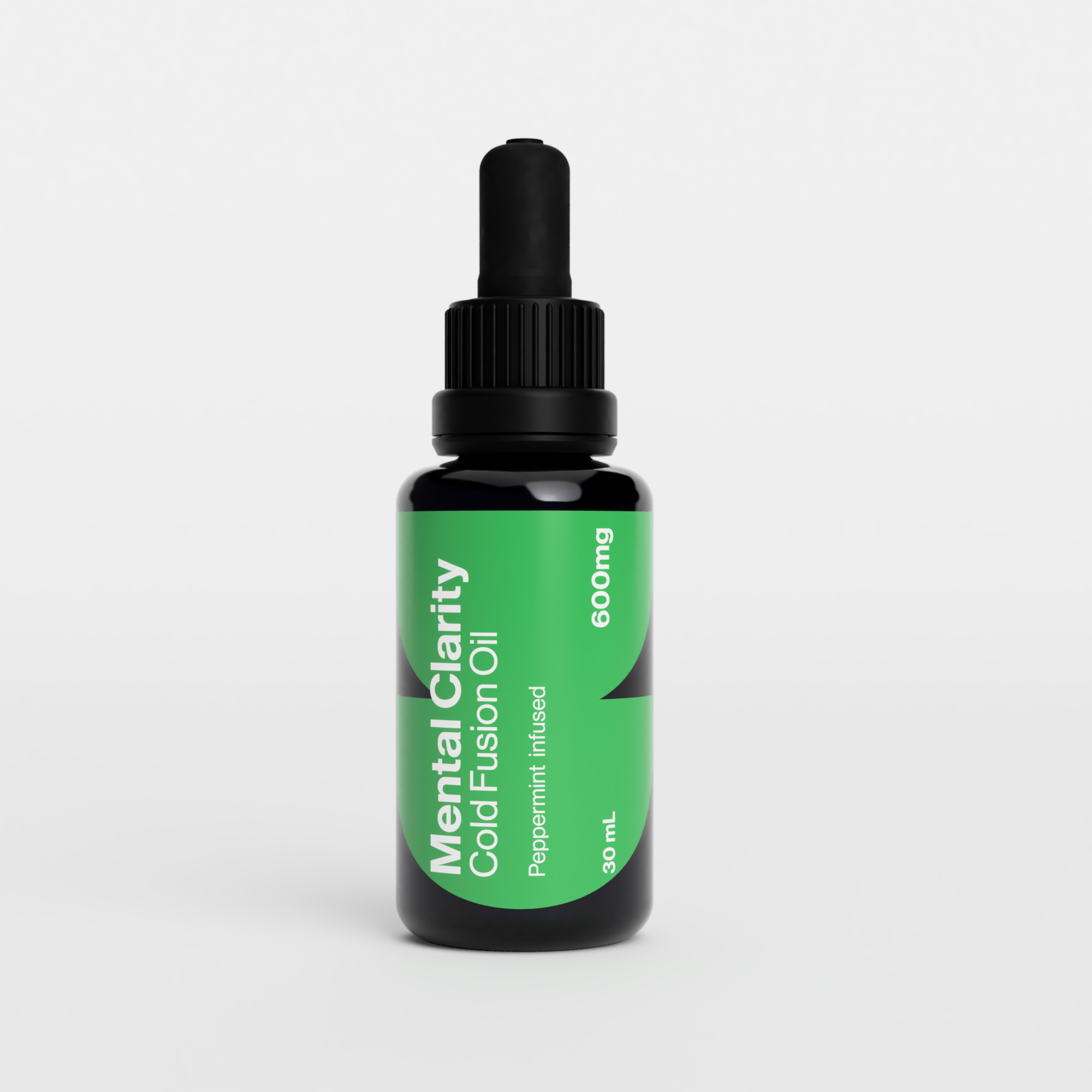In the modern world, our bodies are constantly bombarded by harmful substances known as free radicals. These unstable molecules are produced internally, through normal metabolic processes, and externally due to exposure to environmental pollutants, radiation, and lifestyle factors such as poor diet and smoking. The omnipresence of free radicals in our daily lives can significantly damage our cells, DNA, proteins, and lipids. This damage, if left unchecked, contributes to the development of various health issues, including accelerated ageing, cancer, cardiovascular diseases, neurodegenerative disorders, and other chronic illnesses. Free radicals are molecules that have one or more unpaired electrons, making them highly reactive and unstable. In their quest to stabilize, they can steal electrons from other molecules, leading to a chain reaction of cellular damage. This process, known as oxidative stress (a condition where there is an imbalance between free radicals and antioxidants in the body), disrupts normal cellular function and integrity. Oxidative stress is critical in the pathogenesis of many chronic diseases and is also implicated in the natural ageing process. For instance, oxidative damage to skin cells can lead to wrinkles and age spots, while damage to arterial walls can result in atherosclerosis and heart disease. Fortunately, our bodies have evolved a powerful defense mechanism against these harmful agents: antioxidants. Antioxidants are molecules capable of donating electrons to free radicals without destabilizing themselves, thereby neutralizing the free radicals and preventing them from causing cellular damage. This blog explores the intricate battle between free radicals and antioxidants, delving into the sources and impacts of free radicals, the critical role of antioxidants in neutralizing these reactive molecules, and how we can bolster our antioxidant defenses through diet, lifestyle, and supplementation.
Understanding Free Radicals
Free radicals are highly reactive molecules with unpaired electrons. They are natural byproducts of various metabolic processes, including cellular respiration and immune responses. While they play essential roles in cellular signalling and defence against pathogens, excessive free radical production can overwhelm the body's natural defences, leading to oxidative stress and cellular damage.
Sources of Free Radicals
Free radicals can originate from both endogenous (internal) and exogenous (external) sources:
Endogenous Sources:
- Mitochondrial Activity:The process of cellular respiration in mitochondria generates free radicals as byproducts.
- Immune Responses: White blood cells produce free radicals to combat pathogens.
- Enzymatic Reactions: Various enzymatic reactions within the body can produce free radicals.
Exogenous Sources:
- Environmental Pollutants: Exposure to pollutants like cigarette smoke, car exhaust, and industrial chemicals increases free radical production.
- Radiation: Ultraviolet (UV) radiation from the sun and other sources can generate free radicals.
- Diet: Certain foods, especially those high in fats and sugars, can promote free radical formation.
The Impact of Free Radicals
When free radicals accumulate, they can damage cellular components, including lipids, proteins, and DNA. This damage can result in:
- Lipid Peroxidation: Free radicals attack the lipids in cell membranes, leading to loss of membrane integrity and cell death.
- Protein Oxidation: Free radicals can modify proteins, affecting their structure and function and potentially leading to various diseases.
- DNA Damage: Free radicals can induce mutations in DNA, contributing to cancer development and ageing.
Antioxidants: The Cellular Defenders
Antioxidants are molecules that neutralize free radicals by donating an electron, thereby preventing them from causing cellular damage. When a free radical steals an electron from a stable molecule, it becomes stable itself but leaves the other molecule unstable. Antioxidants work by donating an electron to the free radical, stabilizing it and preventing it from causing further damage. Our bodies produce some antioxidants endogenously, while others must be obtained from our diet.
Endogenous Antioxidants
The body has several endogenous antioxidant defense mechanisms, including:
- Superoxide Dismutase (SOD): Converts superoxide radicals into hydrogen peroxide, which is then broken down into water and oxygen.
- Catalase: Breaks down hydrogen peroxide into water and oxygen, preventing its harmful effects.
- Glutathione: A tripeptide that directly scavenges free radicals and serves as a substrate for glutathione peroxidase, an enzyme that reduces peroxides.
Dietary Antioxidants
Dietary antioxidants are critical for bolstering the body's defense against free radicals. Essential nutritional antioxidants include:
- Vitamin C: A water-soluble vitamin that scavenges free radicals in the aqueous compartments of cells.
- Vitamin E: A fat-soluble vitamin that protects cell membranes from oxidative damage.
- Beta-carotene: A precursor to vitamin A that neutralizes free radicals in the lipid compartments of cells.
- Polyphenols: Found in fruits, vegetables, tea, and wine, polyphenols have strong antioxidant properties.
- Minerals: Selenium and zinc are essential for the activity of certain antioxidant enzymes.
The Role of Antioxidants in Disease Prevention
Antioxidants are crucial in preventing diseases by mitigating oxidative stress and cellular damage. Here are some key areas where antioxidants have shown significant benefits:
Cardiovascular Health
Oxidative stress is a significant contributor to cardiovascular diseases, including atherosclerosis, hypertension, and heart failure. Antioxidants help protect against these conditions by:
- Preventing LDL Oxidation: Low-density lipoprotein (LDL) oxidation is a critical step in the development of atherosclerosis. Antioxidants like vitamin E and polyphenols inhibit this process, reducing plaque formation and arterial blockage. (Briguglio, G., et al. 2018)
- Reducing Inflammation: Antioxidants reduce inflammation, which is a critical factor in the progression of cardiovascular diseases (Chen L. et al., 2018).
Cancer Prevention
Oxidative stress can cause DNA damage and mutations, leading to cancer development. Antioxidants help protect against cancer by:
- Neutralizing Free Radicals: Antioxidants neutralize free radicals that can cause DNA damage and mutations.
- Supporting Immune Function: Antioxidants support the immune system, which is crucial in identifying and destroying cancer cells (Valko, M. et al. 2007).
Skin Health
Oxidative stress contributes to skin ageing and various skin disorders. Antioxidants help protect the skin by:
- Preventing UV Damage: UV radiation generates free radicals that cause skin damage. Antioxidants like vitamins C and E neutralize these free radicals, preventing photoaging (Zastrow, L. et al. 2009).
- Promoting Collagen Production: Antioxidants support the production of collagen, a protein essential for skin elasticity and firmness (Reuter, J. et al. 2010)
Neuroprotection
The brain is particularly susceptible to oxidative damage due to its high oxygen consumption and lipid-rich environment. Antioxidants help protect against neurodegenerative diseases like Alzheimer's and Parkinson's by:
- Reducing Oxidative Stress: Antioxidants reduce oxidative stress in the brain, protecting neurons from damage (Uttara, B. et al. 2009).
- Inhibiting Neuroinflammation: Chronic inflammation in the brain is a critical factor in neurodegenerative diseases. Antioxidants help reduce this inflammation, preserving cognitive function (Subramaniam et al.; M. F., 2013).
Anti-Ageing Effects
Oxidative stress is a significant factor in the ageing process. Antioxidants help slow down ageing by:
- Protecting Cellular Components: Antioxidants protect DNA, proteins, and lipids from oxidative damage, preserving cellular function (Liguori, I. et al., 2018).
- Enhancing Longevity: Studies have shown that antioxidants can extend lifespan by reducing oxidative stress and improving overall health (Madeo, F. et al. 2019)
Dietary Sources of Antioxidants
To harness the protective benefits of antioxidants, it is essential to include a variety of antioxidant-rich foods in your diet. Here are some of the best sources:
Fruits
- Berries: Blueberries, strawberries, raspberries, and blackberries are rich in anthocyanins and vitamin C, potent antioxidants that protect against oxidative stress.
- Citrus Fruits: Oranges, lemons, and grapefruits are excellent sources of vitamin C, which neutralizes free radicals in cells' aqueous compartments.
- Apples: Apples contain quercetin, a flavonoid with strong antioxidant properties.
Vegetables
- Leafy Greens: Spinach, kale, and Swiss chard contain vitamins C and E, beta-carotene, and other antioxidants.
- Cruciferous Vegetables: Broccoli, Brussels sprouts, and cauliflower are rich in antioxidants like sulforaphane and vitamin C.
- Carrots: Carrots are high in beta-carotene, are converted to vitamin A in the body, and act as a powerful antioxidant.
Nuts and Seeds
- Almonds: Almonds are rich in vitamin E, which protects cell membranes from oxidative damage.
- Walnuts: Walnuts contain polyphenols and omega-3 fatty acids with antioxidant properties.
Beverages
- Green Tea: Green tea is rich in catechins, powerful antioxidants that protect against oxidative stress and inflammation.
- Red Wine: Red wine contains Resveratrol, a polyphenol with potent antioxidant properties.
- Coffee: Coffee is a significant source of antioxidants, including chlorogenic acid and melanoidins.
Herbs and Spices
- Turmeric:Turmeric contains curcumin, a potent antioxidant with anti-inflammatory properties.
- Ginger: Ginger is rich in gingerol, a compound with potent antioxidant and anti-inflammatory effects
- Cinnamon: Cinnamon contains polyphenols that have powerful antioxidant properties.
Supplements and Antioxidant Support
In addition to a healthy diet, antioxidant supplements can provide an extra layer of protection against free radicals. Some commonly used best antioxidant supplements include:
Vitamin C
Vitamin C supplements are widely available and can help boost your antioxidant defenses, particularly in individuals with inadequate dietary intake.
Vitamin E
Best Vitamin E supplement protects against lipid peroxidation and support the immune system, particularly in individuals with fat absorption issues.
Coenzyme Q10 (CoQ10)
CoQ10 is a powerful antioxidant that plays a crucial role in cellular energy production. It is particularly beneficial for heart health and reducing oxidative stress in cells.
Glutathione
Glutathione is a master antioxidant produced by the body. Supplements can help boost levels, especially in individuals with chronic illnesses or high oxidative stress.
Selenium
Selenium is a trace mineral essential for adequately functioning antioxidant enzymes like glutathione peroxidase. Supplementation can support immune function and protect against oxidative damage.
Alpha-Lipoic Acid (ALA)
ALA is a unique antioxidant that is both water- and fat-soluble, allowing it to work in all parts of the cell. It helps regenerate other antioxidants like vitamins C and E, enhancing overall antioxidant capacity.
The Science Behind Antioxidant Supplementation
Numerous studies have supported the efficacy of antioxidant supplements. For example, a study published in the journal Nutrients found that vitamin E supplementation significantly reduced oxidative stress and inflammation markers in patients with type 2 diabetes (Saboori S. et al., 2019). Similarly, a review in Pharmacological Research highlighted the potential of CoQ10 in improving endothelial function and reducing oxidative stress in cardiovascular diseases.
Final Thought -
The fight against free radicals is critical to maintaining cellular health and preventing chronic diseases. Antioxidants are vital in neutralizing free radicals, protecting cellular components, and reducing oxidative stress. By incorporating antioxidant-rich foods, supplementing, and adopting healthy lifestyle choices, individuals can bolster their defenses against oxidative damage and promote overall health. Antioxidants are not a one-size-fits-all solution, and their effectiveness can vary depending on individual health status, genetic factors, and environmental exposures. However, the growing body of research underscores their importance in supporting cellular protection and long-term well-being. In our modern world, where oxidative stress is a constant threat, understanding and utilizing the power of antioxidants can help us lead healthier, longer lives. By prioritizing antioxidant intake through diet and supplements, managing stress, getting adequate sleep, and avoiding environmental toxins, we can enhance our body's natural defenses and enjoy the benefits of improved cellular health and disease prevention.
One supplement that stands out in the battle against oxidative stress is PIROOZ Cell Care. This all-in-one multivitamins offers comprehensive coverage for all your nutritional and cellular system needs, addressing the body's essential biological requirements. PIROOZ Cell Care supplements are designed to be an exceptionally potent antioxidant supplement, far surpassing the strength of commonly known
- 6000 times stronger than Vitamin C
- 110 times stronger than Vitamin E
- 560 times stronger than Green Tea Catechins
- 800 times stronger than CoQ10
- 3000 times stronger than Resveratrol
Such potency makes PIROOZ Cell Care an unrivalled choice for those seeking to enhance their antioxidant defences.











